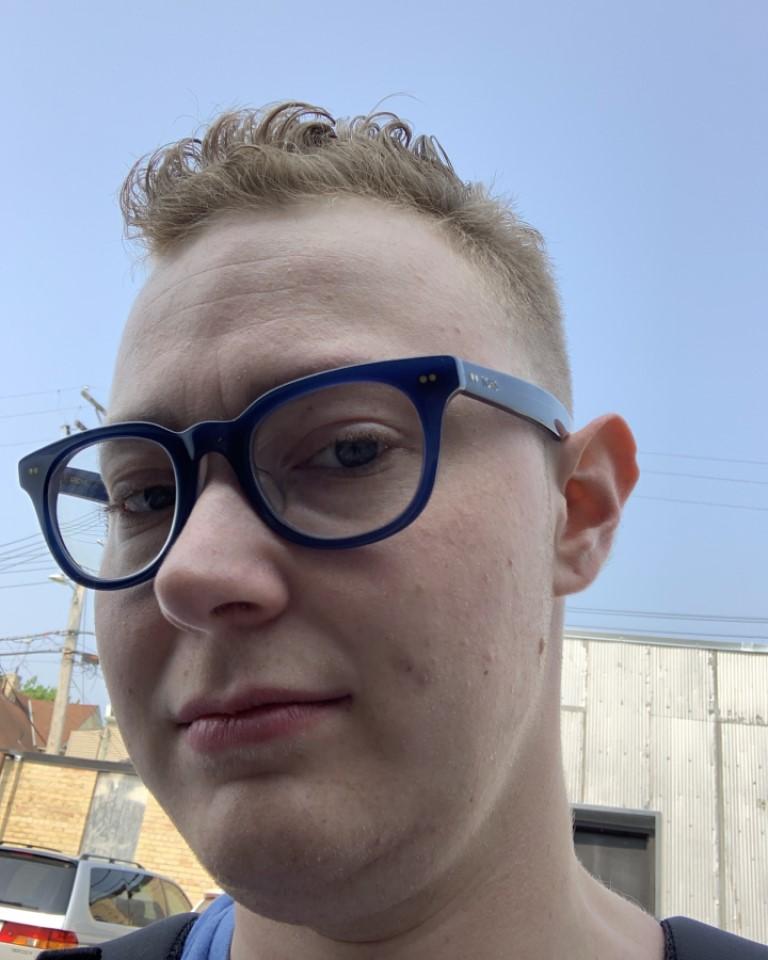Colt Deckert

ALUMNI SPOTLIGHT | OCTOBER 2020
Undergraduate KU major: Behavioral Neuroscience, Class of 2015
Current occupation: Doctoral Candidate
Research mentors while at KU: Steve Ilardi and Lila Chrysikou
Describe the undergraduate research/creative experience that you had while at KU: The financial and emotional support of my advisors and the university showed me that I could do independent research as an undergraduate. I can trace aspects of my current dissertation project back to my UGRA project...not just in what I learned of doing research but also in topics!
Q: What do you think was the most important thing you learned while doing undergraduate research?
A: The simplicity of the scientific method as presented by a textbook belies how much work and thought must go into each step of the process. Generating hypotheses, completing IRB protocols, determining methods... it's more time consuming and detailed than the short paragraphs in your textbook would make you believe. Even today, I find myself shocked by how complicated a new IRB submission can be.
Q: What advice do you have for undergraduates who might be interested in doing research or creative scholarship?
A: Get involved and don't be afraid to try out different labs or research ideas. Each research experience I've had has helped me realize something about myself and what I want in the future. I was surprised to see that things I found interesting in a class, I didn't necessarily enjoy doing research on. Relatedly, topics that weren't discussed in classes or I only found somewhat interesting came alive with research.
Q: Do you use any of the skills or perspectives gained doing research in your current occupation? How so?
A: YES... All of the time. It's been 5 years since I've graduated from KU. This summer, I successfully completed my comprehensive exams and proposed my dissertation. In many ways, starting my dissertation has felt like a larger UGRA. I find myself going through many of the same processes of literature review, discussing methods and analyses, and working with the IRB. In fact, many of the tasks I completed doing my UGRA, have directly transferred to things I have done during my time in graduate school.
The UGRA experience also gave me practice in sharing my ideas to a broader audience and learning how to do a comprehensive literature review of a topic.
Q: Many undergraduate researchers are making decisions about what to do after they graduate from KU. Having been in those shoes, what do you know now that you wish you’d known then? Do you have any advice?
A: I was debating on whether to go straight into graduate school or take a gap year or two prior after graduation. Ultimately, I ended up taking a gap year. I found it extremely beneficial, as my knowledge about myself and my interests further matured during that time. In addition, I got to move to live outside of NYC for a while. It was the first time I had lived outside of the midwest and I found living in a different area of the United States expanded my cultural lens beyond what even traveling abroad could do. I think if you have a graduate school offer you are excited about after graduation, there's nothing wrong with taking it. That being said, important personal and professional development can occur during gap years between undergrad and grad schooling. A good gap year(s) doesn't just delay your goals, but helps you refine and set yourself up to achieve them.